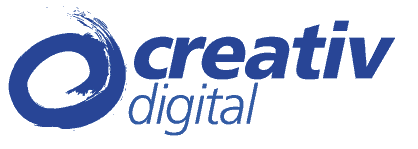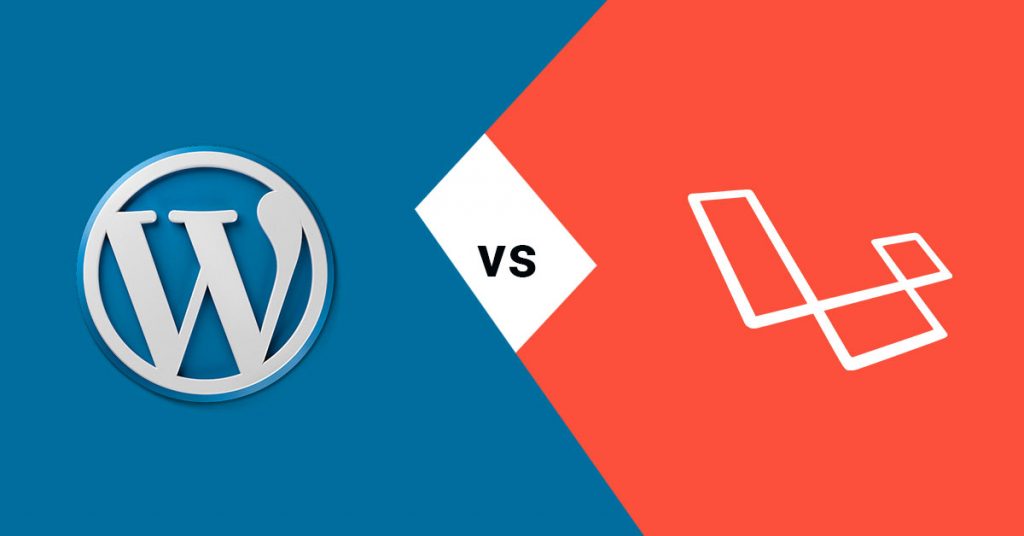When it comes to web development, two popular options that often come up are WordPress and Laravel. While WordPress is a well-known content management system (CMS), Laravel is a powerful web framework primarily used for building CMS. Although they share a PHP foundation, there are distinct differences between these two platforms. In this article, we will explore the key distinctions between Laravel and WordPress, highlighting their strengths, weaknesses, and use cases.
Why Is SEO Important in a Digital Marketing Strategy
Code Organisation and Reusability
Laravel: Laravel places great emphasis on code organisation, making it easier to manage and reuse code as the project grows. The framework provides automatic solutions to common problems, promoting efficient development practices.
WordPress: On WordPress, developers are responsible for maintaining and organising the code in a specific manner. As the codebase expands, it becomes crucial to ensure proper structuring for easy comprehension and maintenance.
Ease of Getting Started
Laravel: Working with Laravel requires developers to have a solid understanding of the framework. While it has a steeper learning curve, developers benefit from the framework’s extensive features and capabilities. Laravel offers flexibility and control over the development process.
WordPress: WordPress, on the other hand, offers a user-friendly approach to website building. With a wide range of pre-built themes, developers can quickly start creating websites without extensive technical knowledge. WordPress prioritises simplicity and accessibility.
Learning Curve
Laravel: Due to its robust framework and advanced features, Laravel has a greater learning curve. Developers need to invest time and effort to grasp the framework’s concepts and best practices. However, once mastered, Laravel empowers developers to build complex and scalable web applications.
WordPress: In contrast, WordPress has a relatively low learning curve. Its intuitive interface and straightforward setup allow users to quickly begin building websites using pre-designed themes. WordPress caters to individuals and businesses seeking simplicity and efficiency.
Authentication and Security
Laravel: Laravel provides built-in features for authentication, authorisation, and security. Developers can utilise Laravel’s authentication mechanisms to secure their applications. The framework’s continuous updates ensure enhanced security measures.
WordPress: On WordPress, authentication is handled through plugins available in its vast ecosystem. Developers can choose from various authentication plugins to secure their WordPress websites.
SEO and Content Management
Laravel: In Laravel, developers have the freedom to define their own routes and implement SEO strategies manually. Building content-driven websites may require additional effort and customisation to optimise for search engines effectively.
WordPress: WordPress offers a range of SEO plugins that simplify the process of optimising websites for search engines. These plugins streamline tasks like meta tag optimisation, XML sitemap generation, and content analysis, reducing the time and effort required for SEO implementation.
Database Usage
Laravel: Laravel provides developers the flexibility to design and utilise databases according to their specific requirements. Developers can implement custom database structures and manage data efficiently using Laravel’s powerful ORM (Object-Relational Mapping) capabilities.
WordPress: WordPress primarily relies on a static data structure, reducing the need for extensive database customisation. It simplifies content management by offering a user-friendly interface that does not heavily rely on database management.
Community Support
Laravel: Laravel boasts a large and active community of developers who actively contribute to its growth. The community offers extensive documentation, tutorials, and support, making it easier for developers to seek guidance and resolve issues.
WordPress: WordPress has one of the largest and most supportive communities in the web development world. Its vast community ensures an abundant availability of themes, plugins, and resources, making it easier for users to find solutions and receive support.
Content Flexibility
Laravel: Laravel provides developers with a structured approach to building web applications, making it less flexible for making on-the-fly content changes. It is designed to handle complex application logic efficiently.
WordPress: WordPress excels in content flexibility, allowing users to easily edit and update content at any point in time. Its intuitive content management system enables quick modifications, making it ideal for websites with dynamic content requirements.
Conclusion
The decision to choose between Laravel and WordPress depends on the specific needs and goals of your project. Laravel is ideal for developers seeking flexibility, scalability, and control over the development process. It offers advanced features like authentication, authorisation, and inversion of control, making it suitable for building complex and customised web applications. However, it has a steeper learning curve and requires a deeper understanding of programming concepts.
With its intuitive interface and extensive theme and plugin ecosystem, WordPress excels in simplicity and ease of use. It is an excellent choice for individuals and businesses looking to quickly set up a website without diving into complex coding. WordPress simplifies content management and provides a range of SEO plugins to optimise websites for search engines.
It is critical to keep your project’s long-term goals in mind when making a decision. If you require a highly customised and scalable web application with precise control over the development process, Laravel may be the preferred choice. However, if you prioritise ease of use, quick website setup, and a vast plugin ecosystem, WordPress can fulfil your requirements effectively.
If you need more clarification about which platform is better suited for your needs, our team of experts at Creativ Digital can help. We will gladly discuss your project in detail and provide personalised guidance based on your specific needs.



